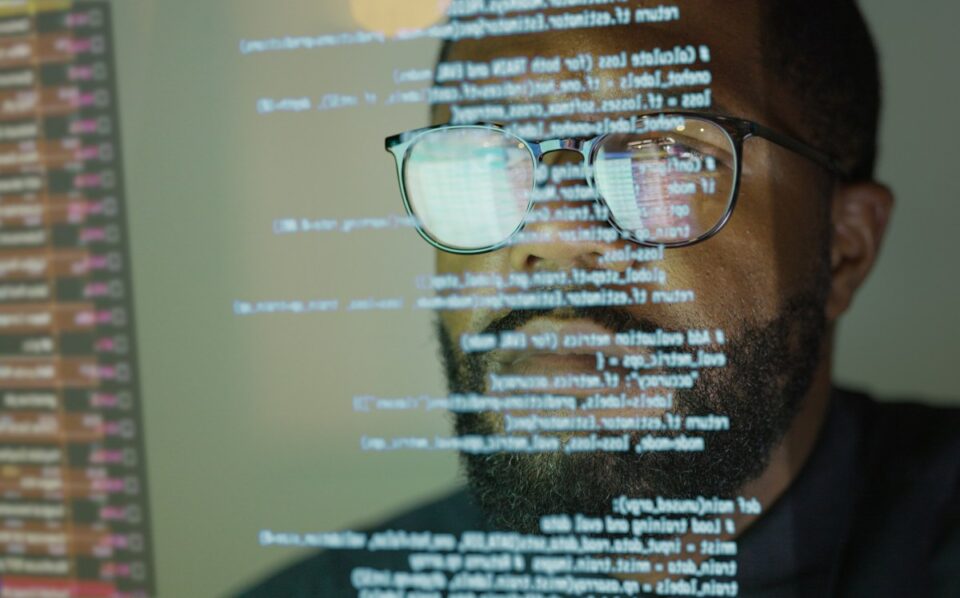So-called “vibe coding” with LLM-driven tools like Cursor Composer — a term coined by renowned computer scientist Andrej Karpathy — describes a hands-off approach to writing code using Gen AI models, and it has really taken off recently. According to Y Combinator, one quarter of the startups in its latest batch relies on AI to generate 95% of their codebases. But despite its apparent speed, is it truly the most efficient way of generating code? Could it leave companies with insecure code and rising levels of technical debt?
That’s the view of UK-startup TurinTech, which is launching its Artemis product at NVIDIA’s GTC event today alongside news that it has raised a total of $20 million in funding. Cofounded by Dr. Leslie Kanthan (CEO), Mike Basios (CTO), and Fan Wu (Chief Science Officer), TurinTech describes Artemis as an “evolutionary AI” platform that can optimize and validate enterprise codebases.
Founder Kanthan explained to TechCrunch: “As you generate a lot of code, you’re generating a lot of inefficiencies. We use Artemis to find all the inefficiencies in the code that’s been generated, make it faster, and use fewer resources.”
Unlike other GenAI tools that rely solely on LLMs for basic code generation and optimization, Artemis aims to refine, validate, and evolve code, to improve performance, security, and scalability.
Kanthan explained: “For example, GitHub copilot will predict what code you’re going to write, but it doesn’t actually check your code and nor does Cursor. The traditional way of checking code is basically using small tools that work with a compiler that reviews your code for corrections.”
To back up his claims, Kanthan points to his 2018 research paper, which caused something of a stir in the AI community by outlining his Darwinian approach to data structure selection (hence the term “evolutionary AI”). It’s these ideas on which the Artemis product is built.
TurinTech’s latest funding round included a previously unannounced $15 million Series A, closed seven months ago and led by Oxford Capital, with Circle Rock and IQ Capital participating. It previously raised $5 million in seed funding.
Although Kanthan was coy about naming customers publicly, TechCrunch was shown evidence that TurinTech already has some large blue-chip players and banks that have joined its early adopter program ahead of the platform’s full release later this year.
It may be pushing at an open door. AI-generated code is already transforming software development: Gartner projects that by 2028, 75% of enterprise software engineers will use AI code assistants, up from less than 10% in early 2023. Meanwhile, a Stack Overflow survey found that 63% of developers are already incorporating AI into their workflow.
Mike Butcher (M.B.E.) is Editor-at-large of TechCrunch. He has written for UK national newspapers and magazines and been named one of the most influential people in European technology by Wired UK. He has spoken at the World Economic Forum, Web Summit, and DLD. He has interviewed Tony Blair, Dmitry Medvedev, Kevin Spacey, Lily Cole, Pavel Durov, Jimmy Wales, and many other tech leaders and celebrities. Mike is a regular broadcaster, appearing on BBC News, Sky News, CNBC, Channel 4, Al Jazeera and Bloomberg. He has also advised UK Prime Ministers and the Mayor of London on tech startup policy, as well as being a judge on The Apprentice UK. GQ magazine named him one of the 100 Most Connected Men in the UK. He is the co-founder of TheEuropas.com (Top 100 listing of European startups); and the non-profits Techfugees.com, TechVets.co, and Startup Coalition. He was awarded an MBE in the Queen’s Birthday Honours list in 2016 for services to the UK technology industry and journalism.
